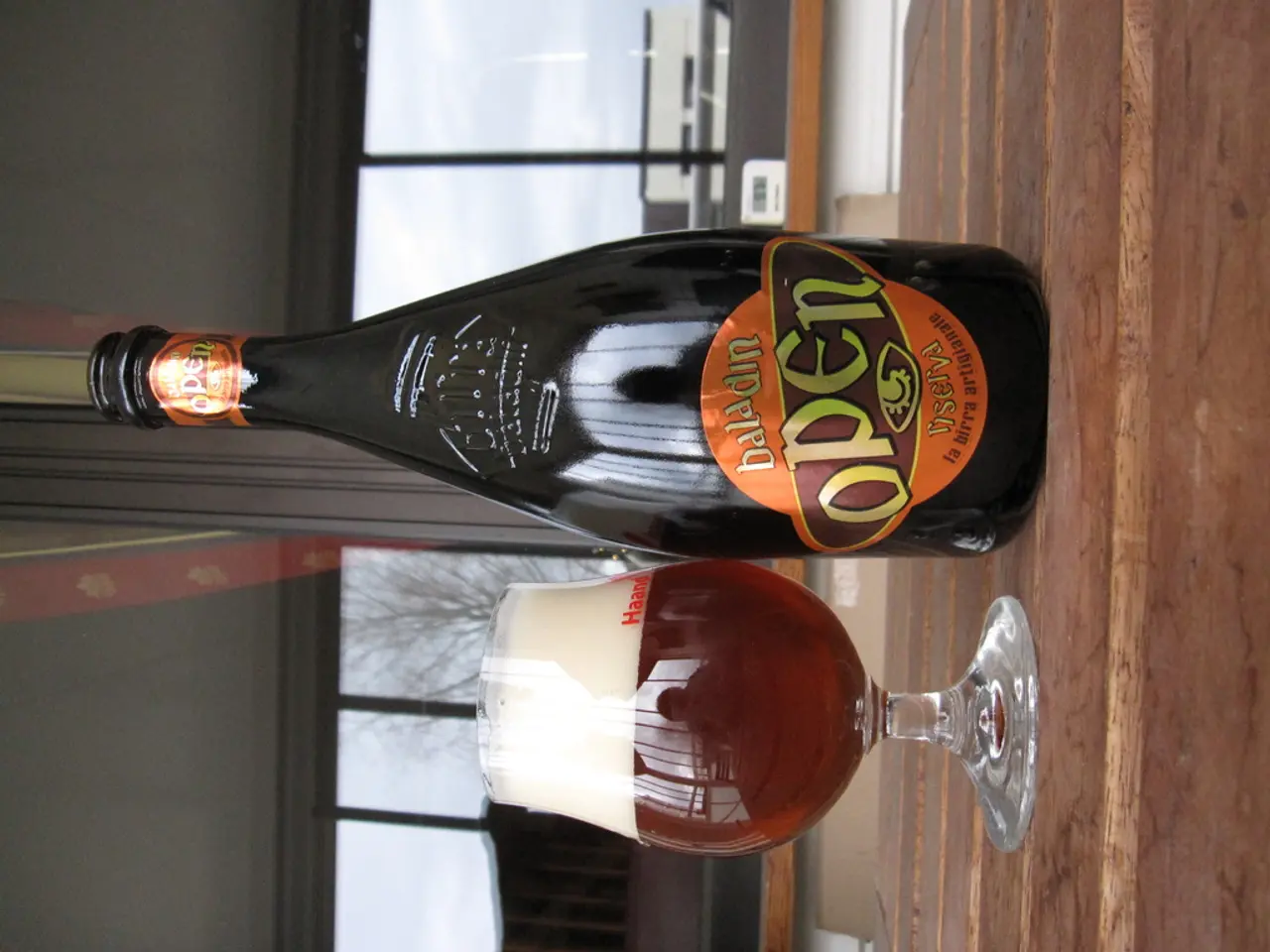Pycnogenol Shows Promise in ADHD Management: Studies Suggest Improved Focus and Reduced Hyperactivity
Maritime Pine Bark extract, often marketed as Pycnogenol, is an emerging supplement in the ADHD community. Clinicians sometimes recommend it to support patients with encouraging but mixed results. The extract, rich in antioxidant compounds, is also used in nootropic supplements to enhance mental energy and clarity.
Pycnogenol's potential in ADHD treatment has been explored in several small-scale studies. A 2006 study led by S. Marik found significant improvements in hyperactivity and attention in 61 children after just one month of supplementation. Follow-up studies have reported similar results, showing reductions in oxidative stress markers and enhancements in focus and behaviour.
Researchers are drawn to Pycnogenol due to its potential to reduce oxidative stress and inflammation, both linked to ADHD. Most studies have used doses of around 1 mg per kilogram of body weight daily for children, with few reported side effects. While systematic reviews note positive initial data, they also highlight the need for more robust, large-scale studies to strengthen the evidence.
Pycnogenol, a plant-based supplement derived from Maritime Pine Bark extract, shows promise in supporting ADHD management. Early studies suggest it may improve focus, reduce hyperactivity, and regulate stress hormones. However, more research is needed to confirm these findings and establish Pycnogenol's role in ADHD treatment.





